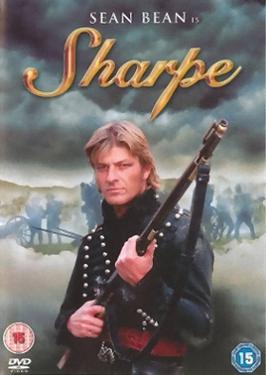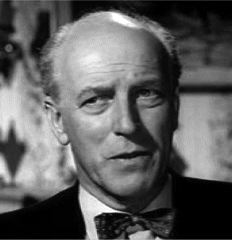
ITV, legally known as Channel 3, is a British free-to-air public broadcast television network. It is branded as ITV1 in most of the UK except for central and northern Scotland, where it is branded as STV. It was launched in 1955 as Independent Television to provide competition, eliminating what had hitherto been the monopoly of BBC Television. ITV is the oldest commercial network in the UK. Since the passing of the Broadcasting Act 1990, it has been legally known as Channel 3 to distinguish it from the other analogue channels at the time: BBC1, BBC2 and Channel 4.

ITV1 is a British free-to-air public broadcast television channel owned and operated by the British media company ITV plc. It provides the Channel 3 public broadcast service across all of the United Kingdom except for the central and northern areas of Scotland where STV provides the service.

Thames Television, commonly simplified to just Thames, was a franchise holder for a region of the British ITV television network serving London and surrounding areas from 30 July 1968 until the night of 31 December 1992. Thames Television broadcast from 09:25 Monday morning to 17:15 Friday afternoon at which time it would hand over to London Weekend Television (LWT).

UTV/ITV1 is the ITV region covering Northern Ireland, ITV subsidiary and the former on-air name of the free-to-air public broadcast television channel serving the area. It is run by ITV plc and is responsible for the regional news service and other programmes made principally for the area.

World in Action was a British investigative current affairs programme made by Granada Television for ITV from 7 January 1963 until 7 December 1998. Its campaigning journalism frequently had a major impact on events of the day. Its production teams often took audacious risks, and the programme gained a solid reputation for its often-unorthodox approach. The series was sold around the world and won numerous awards. In its heyday, World in Action drew audiences of up to 23 million in Britain alone, equivalent to almost half the population.

Sharpe is a British television drama series starring Sean Bean as Richard Sharpe, a fictional British soldier in the Napoleonic Wars, with Irish actor Daragh O'Malley playing his second in command, Patrick Harper. Sharpe and Harper are the heroes of the Sharpe series of novels by Bernard Cornwell; most, though not all, of the episodes are based on the books. Produced by Celtic Films and Picture Palace Films for the ITV network, the series was filmed mainly in Crimea, with recordings of other episodes in Turkey, England, Portugal and Spain. The two final episodes were filmed in Jaipur, India.

Cyril Alexander Garland Luckham was an English film, television and theatre actor. He was the husband of stage and screen actress Violet Lamb.
The history of ITV, the United Kingdom and Crown Dependencies "Independent Television" commercial network, goes back to 1955.

Please Sir! is a British television sitcom created by John Esmonde and Bob Larbey and featuring actors John Alderton, Deryck Guyler, Penny Spencer, Joan Sanderson, Noel Howlett, Erik Chitty and Richard Davies. Produced by London Weekend Television for ITV, the series ran for 55 episodes between 1968 and 1972.

Peter Taylor, is a British journalist and documentary-maker. He is best known for his coverage of the political and armed conflict in Northern Ireland, widely known as the Troubles, and for his investigation of Al Qaeda and Islamist extremism in the wake of 9/11. He also covers the issue of smoking and health and the politics of tobacco for which he was awarded the WHO Gold Medal for Services to Public Health. He has written books and researched, written and presented television documentaries over a period of more than forty years. In 2014, Taylor was awarded both a Royal Television Society lifetime achievement award and a BAFTA special award.

UTV Live is a Northern Irish television news service broadcast and produced by UTV.
The media in Northern Ireland are closely linked to those in the rest of the United Kingdom, and also overlap with print, television, and radio in the Republic of Ireland.

Kelly is a regional talk and variety show, hosted by broadcaster Gerry Kelly and broadcast on UTV from 1989 to 2005.

STV Group plc is a media company based in Glasgow, Scotland. Beginning as a television broadcaster in 1957, the company expanded into newspapers, advertising and radio; after completing a restructuring in 2010, STV Group is active in broadcast television, video-on-demand and television production. The company is a constituent of the FTSE SmallCap Index.
Virgin Media Three, also called Virgin Three, is an Irish free-to-air television channel owned by Virgin Media Television.
This is a timeline of the history of the British broadcaster Scottish Television. It provides the ITV network service for Central Scotland.
This is a timeline of the history of Ulster Television. It provides the ITV network service for Northern Ireland.
This is a timeline of television in Northern Ireland.
This is a timeline of the history of regional news on the British television network ITV.












